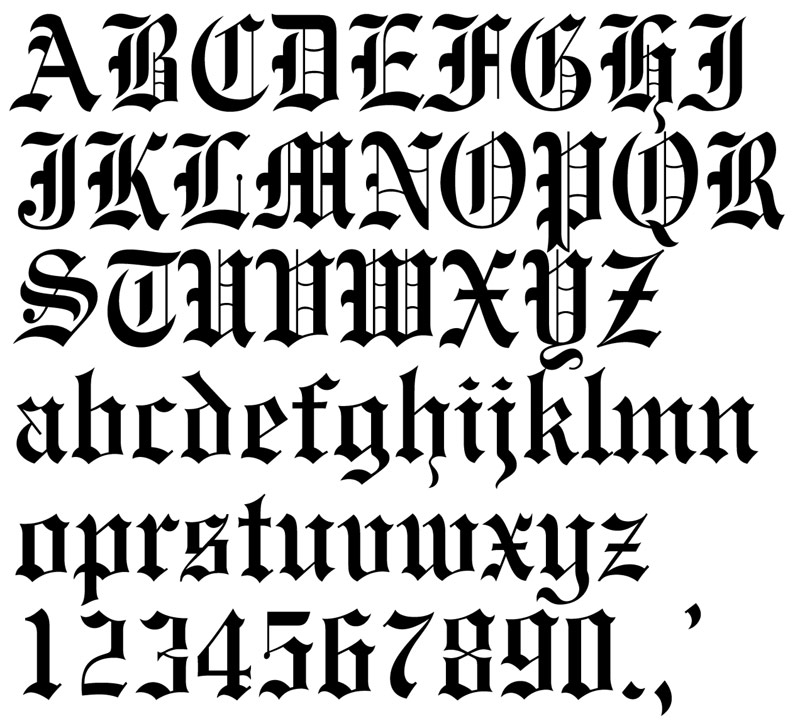How to Speak Old English in the Medieval Times

One does not necessarily have to be a huge fan of Shakespeare to be in love with the old English that was spoken in Medieval times. The aforementioned English style may no longer be used in modern literature, but it is still commonly displayed in movies and theatres.
Even though speaking in the old English style seems quite complicated at first, nearly anyone can acquire this talent through properly training and dedicated effort.
If you have developed an interest in learning this specific style of English, or need to learn it because of a play that you will be acting in, there is no need to worry. You can attain a fair grasp on the old English style by merely learning a few common verbs, pronouns, words and phrases.
Instructions
-
1
The first thing that you need to do while trying to get a grasp on old English is to learn the common verbs. While there is a large list of verbs that you will need to learn in order to have a complete command on the old English style, you can basically limit yourself to the three most common verbs for the time being.
These three verbs are “art”, “dost”, and “hath”. The verb “art” is used in place of “are”; for example, “Art thou leaving?”. The verb “dost” is used in place of “do”; for example, “Dost thou have time?”. The verb “hath” is used in place of “has”; for example, “Hath he left?”. It was also common to suffix many verbs with “est,” for example, “Needest thou some help?”. -
2
After adding the three aforementioned verbs to your old English vocabulary, start learning the frequently used pronouns. To keep things simple in the beginning, focus on learning the use of the terms “thou”, “thee” and “ye”.
All three terms were used in place of “you” in old English in the Medieval times; for example, “Where art thou?”. Instead of the term “your” or “yours”, use the terms “thy” or “thine”, for example, “Thou art responsible for thy actions”. It was also common to use “me” instead of “I” while speaking in old English in the Medieval times, for example, “Me thinks thou art in danger”. -
3
Brush up your old English by learning a few other words and phrases that were commonly used. Instead of the term “here”, use the term “hither”, for example, “Art thou coming hither?”.
One of the most common adjectives in English is “beautiful”. Instead of this term, use the term “beautious”, for example, “Thou art beautious”. Use the terms “yay” and “nay” instead of “yes” and “no” respectively, and use the term “naught” instead of “nothing”. To say goodbye, use the phrase “Fare thee well”.







